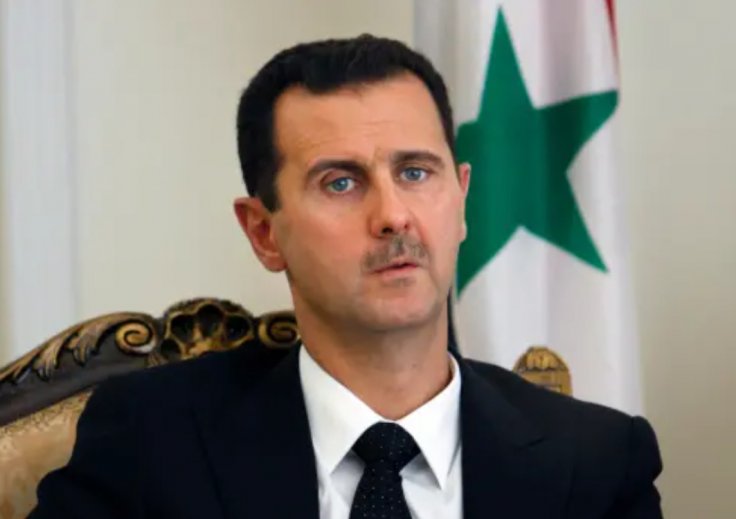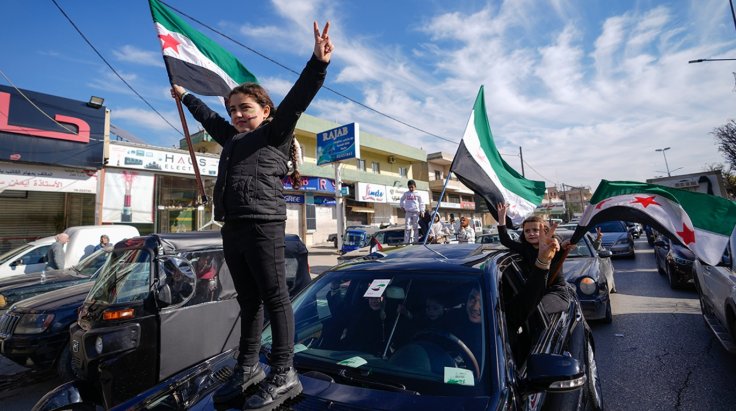Russia's Deputy Defense Minister, Alexander Fomin, said on Sunday that Syria's former leader Bashar al-Assad, known for his brutal regime, had fled the country, though he did not disclose his destination. Meanwhile, residents of the capital reported hearing gunfire and explosions early Sunday morning, as insurgent forces began advancing into the city.
The ministry also said that Bashar Al-Assad had engaged in discussions with various parties involved in the conflict before resigning from his post. According to the statement, he left the country after issuing instructions to his administration to ensure a peaceful transition of power. Moscow clarified that it had not been involved in these any of the talks.
Destination Unknown Amid Chaos

"As a result of talks between B. Assad and a range of participants of the conflict on the territory of the Syrian Arab Republic, he decided to resign from his presidential post and leave the country, giving instructions to proceed with the peaceful transfer of power," Moscow's foreign ministry said.
"Russia did not take part in these talks," it added.
Earlier reports indicated that Bashar al-Assad had flown out of Damascus to an undisclosed location as rebels advanced into the capital, with no visible sign of military forces. The whereabouts of Assad, his wife Asma, and their two children remain unknown.
In the meantime, Assad's decades-long rule came to an end, sparking celebrations across Syria. In Damascus, people tore down and stomped on statues of Assad's late father, Hafez.
In Aleppo, northern Syria, images showed crowds toppling statues of Bashar al-Assad's brother Bassel, as well as one of their father.
Complete Unrest in Syria

In Daraa, the city where the 2011 uprising began, verified online photos showed a rebel fighter riding a motorbike while dragging a toppled statue of Hafez al-Assad behind him.
Simultaneously, Syrian mobs looted the palaces of Bashar al-Assad, stealing furniture and decorations. At the Al-Rawda Presidential Palace, Reuters reported that several men were seen carrying smart chairs on their shoulders, and the Muhajreen Palace was also plundered.
Hafez al-Assad, Bashar's father, seized power in Syria following a coup in 1970. The remnants of his regime, where opposition was reportedly suppressed, remained throughout the country in the form of statues and images. His portrait could be found on walls, in institutions, offices, and schools across Syria.
In 2000, Bashar al-Assad took over the leadership from his father and had been in power ever since. Since 2011, he led the violent response to the democracy movement that began with peaceful demonstrations.









